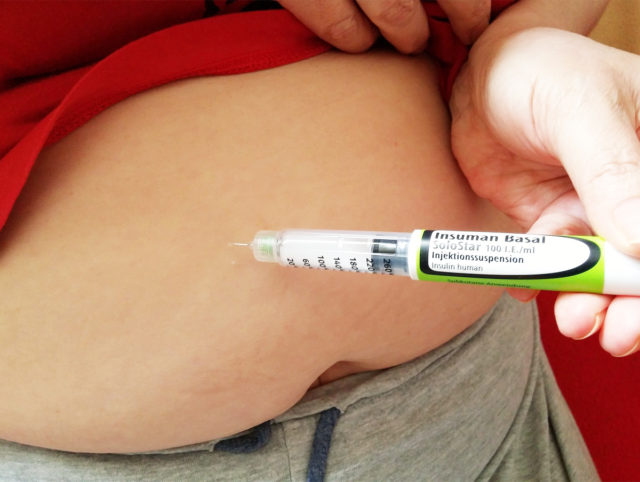Hyperglycemia or high blood sugar is a common problem among diabetes type 1 and type 2 patients. Several factors can contribute to high blood sugar in people with diabetes.
Some of these factors include skipping or not taking enough. The glucose-lowering medication, lack of exercise, food choices, stress, illness, and non-diabetic medications.
A strenuous activity when blood sugar is high, but the level of insulin is low can also cause hyperglycemia.
Signs and Symptoms of Hyperglycemia
You should seek treatment of hyperglycemia as soon as you start noticing some of its early symptoms. If not treated on time, it can become severe and cause several complications. Such as diabetic coma that may require immediate medical care.
Even if hyperglycemia does not become severe, in the long term it can lead to complications that will affect your heart, kidneys, nerves, eyes, and nerves.
Also its does not cause noticeable symptoms until when the level of glucose is above 180 to 200 milligrams per decilitre (mg/dL). Its symptoms will develop slowly over weeks.
The signs and symptoms of hyperglycemia will become severe if you stay for long without seeking medical attention.
People who have been suffering from type 2 diabetes for a long time may not show any signs of elevated blood sugar, but it worsens their condition. Here are some of the early signs and symptoms of hyperglycemia:
08 Signs and Symptoms
1. Increased Thirst (Polydipsia)
When the blood sugar rises, the kidneys start overworking in efforts to restore blood sugar balance. The kidneys start to absorb the excess sugar in the blood. The kidneys then pull out fluids from your body tissues to be able to remove the absorbed excess sugar from your body.
As the kidneys struggle to reduce the high level of blood sugar, the body loses a lot of fluids.
To replace the lost fluids, you will experience a strong urge to drink water. If you are continuously drinking water, but you can’t quench your thirst, that can be an early symptom of hyperglycemia.
2. Increased Urination (Polyuria)
Increased trips to the bathroom, especially at night, is another common early symptom of high blood sugar. Increased urination is a result of the kidneys drawing more body fluids to be able to remove the extra blood sugar through urine.
3. Increased Hunger (Polyphagia)
Another common symptom is an increasing level of blood sugar is a sign that your body is unable to use glucose for energy. Your body cells still need glucose, but they are unable to get it from the bloodstream.
As a result, they starve and make your body release Ghrelin hormone that makes you feel hungry and increase your appetite.
Unfortunately, because it is your body that is unable to utilize the glucose in your bloodstream, eating carbohydrates will not help, but will instead worsen the condition.
4. Fatigue
Fatigue is another common symptoms that glucose remains in your bloodstream, but it can’t get to your body cells to be used for energy, you will feel fatigued. If you often feel fatigued after eating a meal rich in carbohydrates, that can be an early symptom of high blood sugar.
5. Blurred Vision
High blood sugar forces your body to pull fluids from the body tissues, including the eye lenses, which may affect your ability to focus, causing blurry vision. High blood sugar can also damage the capillaries in your eyes, which if you fail to seek medication on time, it can cause blindness.
6. Stomach Pain
Hyperglycemia can damages the nerves. When this happens in your stomach, it causes a condition known as diabetic ketoacidosis that requires a medical emergency.
7. Weight Loss
When your body is unable to use the glucose in your bloodstream, it will start burning stored fats for energy. When this happens, you might find yourself losing some pounds every week, even when you are not in a weight loss program.
8. Frequent Yeast Infections
Bacteria’s and fungi use the excess blood sugar for food. Hyperglycemia provides an enabling condition for increased growth of disease-causing microorganisms.
Wrap-Up!
If you have any or some of the above signs and symptoms of hyperglycemia, you should test the level of your blood sugar or schedule an appointment with your doctor to discuss the cause. Seeking medication on time can help prevent the progress of hyperglycemia.










